Quick summary:
The US imposes a 39% tax on imports from Switzerland due to a $48 billion trade deficit.
Refined gold is included in the tax calculation, although not directly taxed.
Switzerland believes that the value of gold comes mainly from raw materials, not from domestic production.
Switzerland has not yet reached a trade agreement like the EU, UK or Japan.
Non-gold export industries such as watches, cosmetics... suffered great damage.
The Swiss government remains dovish, but domestic economic pressures are mounting.
Why is Switzerland heavily taxed?
US President Donald Trump's sudden imposition of a 39% tariff, the highest among developed countries, on goods imported from Switzerland is raising the question: Is the gold refining industry the hidden cause behind the new trade war?
The Trump administration says the reason is a massive $48 billion trade deficit with Switzerland and the country has not taken concrete action to close the gap. Compared to the 15% tax the US imposes on the entire EU, the 39% tax reserved for Switzerland has stunned the economic world.
Switzerland is not a “low-cost factory” or a mass exporter like China. However, its outsized role in the gold refining industry has inadvertently distorted trade figures.
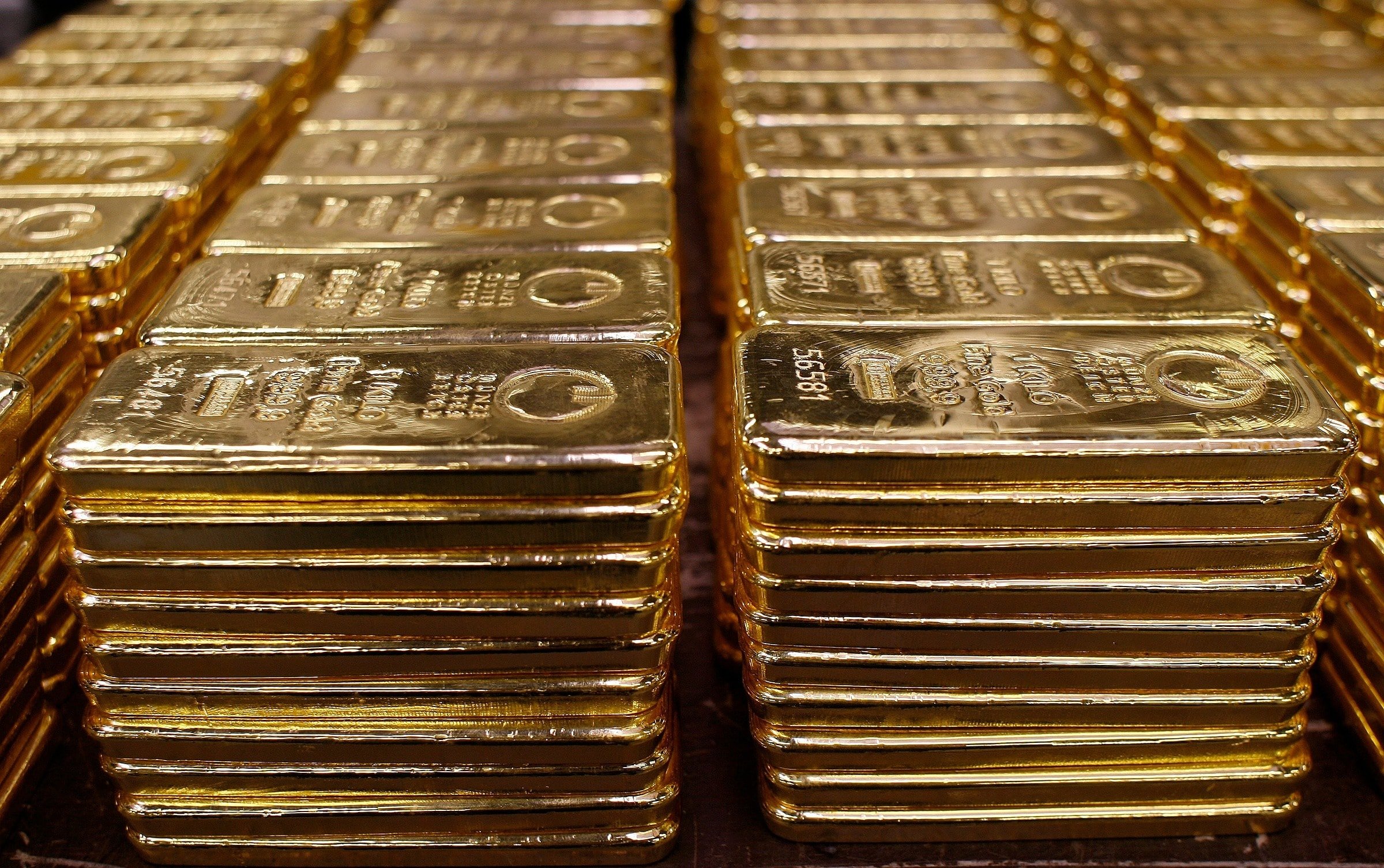
Currently, gold, along with silver and pharmaceuticals, remains duty-free. But the huge value of gold trade has caused Swiss exports to the US to “bloat abnormally”. In the first quarter of this year alone, Switzerland exported more than $36 billion worth of gold to the US.
In fact, Switzerland imports about 2,000 tons of gold each year from many countries, including through intermediary banks in London and New York, and then re-exports it. The value lies largely in the raw material, not the processing that generates only a few hundred million dollars a year in profit.
The Swiss National Bank and many experts believe that gold should not be included in the trade balance, because the industry mainly performs refining, not production.
The real value Switzerland creates from gold lies in the small processing fees for creating bars, investment coins or watch components, not reflecting a large-scale manufacturing operation.
However, the US government has shown no signs of adjusting the calculation, despite reactions from Switzerland.
Who is suffering the consequences?
In fact, industries such as watches, cosmetics, chocolate and precision instruments, which play a major role in exports, are directly affected by the new tariffs. In the past year, about 18% of Swiss exports went to the US.
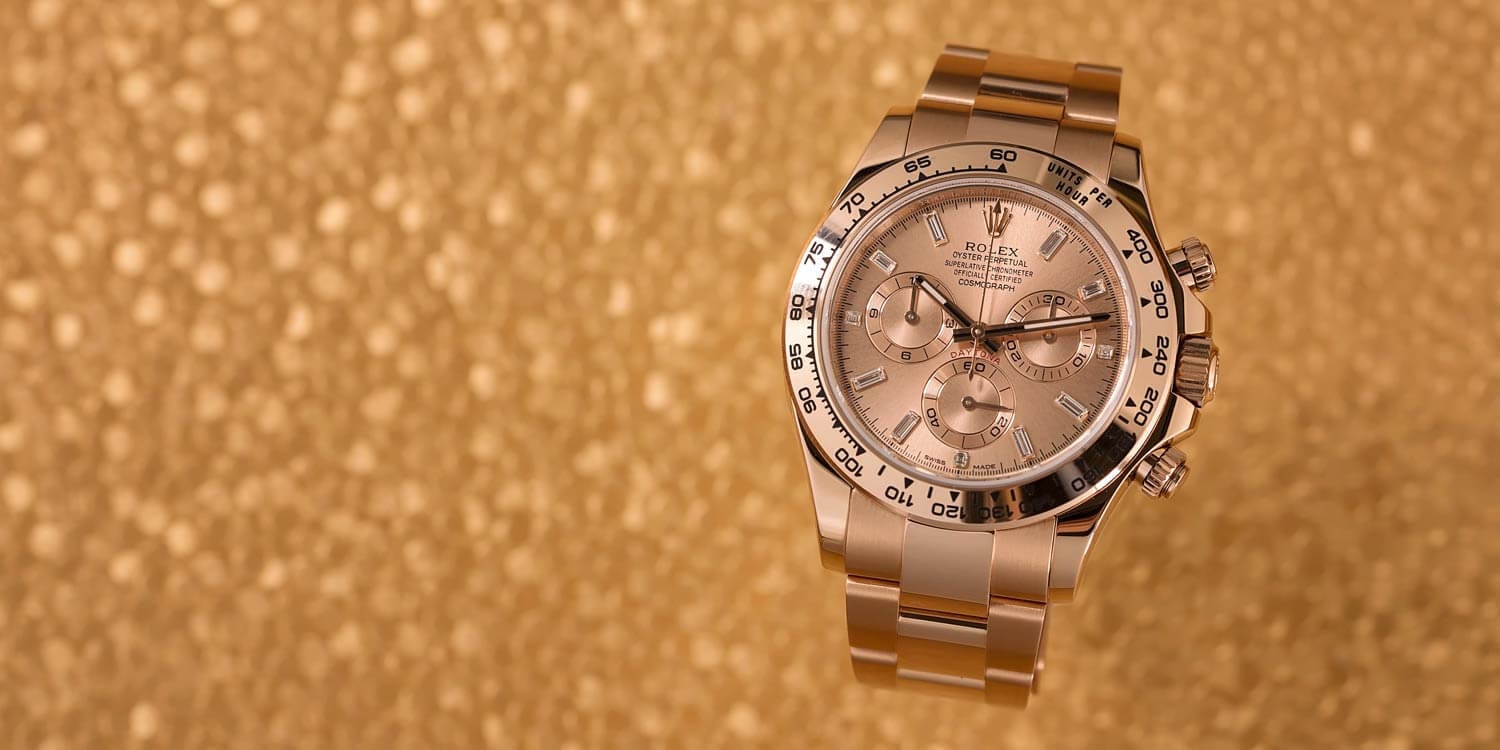
These goods will now be less competitive than those from the EU or the UK, which have reached a 10% tariff deal with the US.
Reaction from Switzerland
Swiss President Karin Keller-Sutter traveled to Washington hoping to negotiate, but failed to meet with President Trump. Instead, she worked with Secretary of State Marco Rubio, who has no say in trade decisions, and left empty-handed.
Following the failure of the negotiations, the Swiss Federal Council held an emergency meeting, but announced that it would not retaliate with tariffs. The government will focus on supporting exporters and continue its efforts to negotiate.
Still, domestic pressure is mounting. Green Party leader Lisa Mazzone has proposed a 5% tariff on precious metal exports in retaliation for the US.
While gold has not been taxed, the new trade tensions have made it even more attractive to investors looking for a haven.
However, the costs of transporting, insuring and financing gold shipments will increase as geopolitical events unfold. These risks could erode the refining industry’s already thin margins.
While Switzerland has tried to soften its stance and emphasize the uniqueness of its gold industry, the United States has remained firm. This clash is not just about numbers, but also a test of US-Swiss trade relations in a complex geopolitical era.
Source: https://baonghean.vn/my-ap-thue-39-voi-hang-nhap-tu-thuy-si-vi-tham-hut-thuong-mai-48-ty-usd-gia-vang-co-huong-loi-10304049.html
























































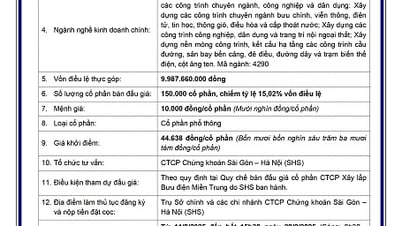
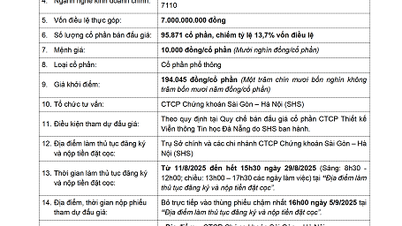




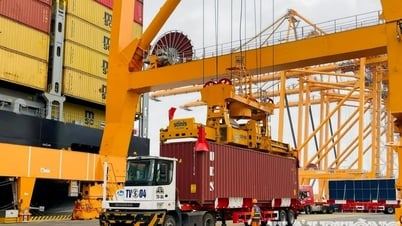

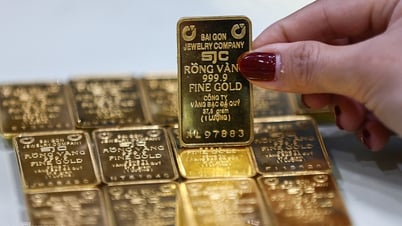



































Comment (0)